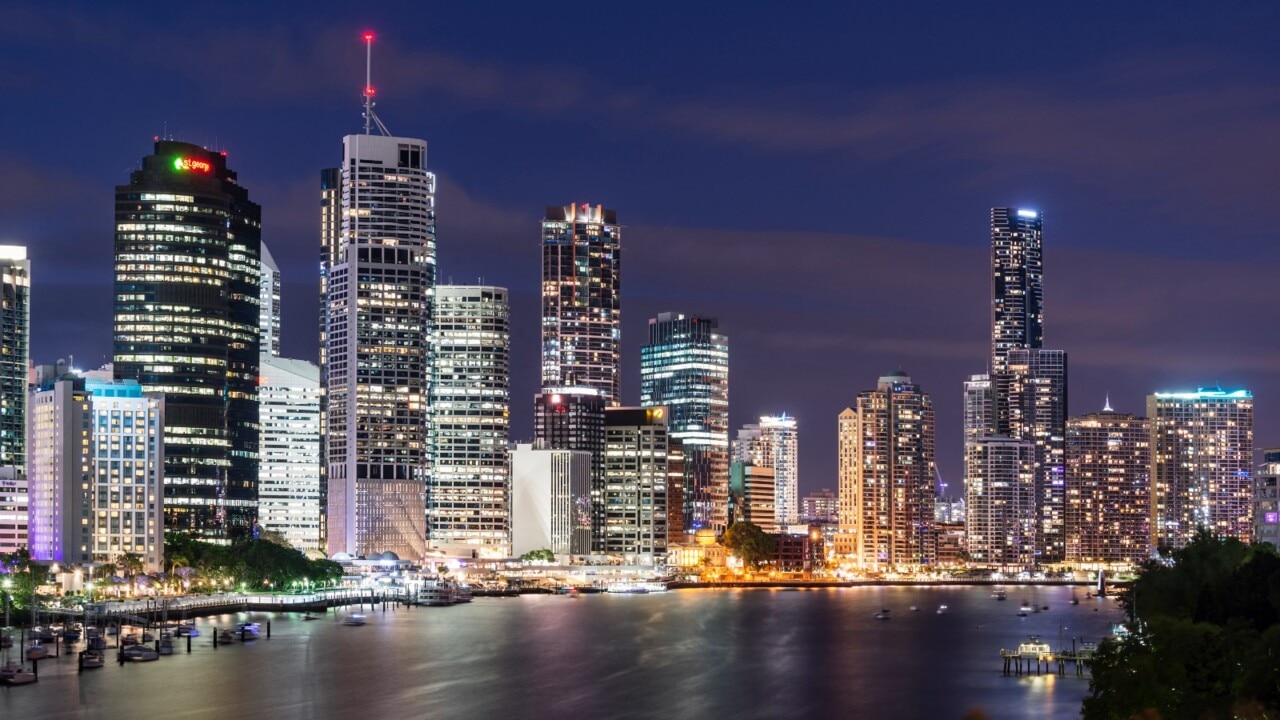Why controversial plan for unvaccinated Aussies is a bad idea
A former premier recently caused a stir when he suggested Aussies unvaccinated by choice should be denied free healthcare. Here’s why it’s a bad idea.

A controversial suggestion from a former NSW premier to deny unvaccinated Australia free healthcare has sparked a fiery debate in recent days.
While some might truly believe that anyone who has made the decision to not get a Covid vaccine deserves to pay for their medical costs if they get the virus, there are many issues that arise from this suggestion.
The debate was sparked by a tweet from former NSW premier Bob Carr who called on Australia to follow Singapore’s lead by denying free healthcare to anyone who choses not to get the jab.
Singapore’s Health Ministry announced the harsh new measures on Monday, saying unvaccinated people made up a “sizeable majority” of those in intensive care and that they “disproportionately contribute to the strain on our healthcare resources”.
From December 8, the country will begin charging all Covid-19 patients who are “unvaccinated by choice”.
Follow Singapore and legislate no medical or hospital expenses to be reimbursed to people who are not vaccinated without medical justification and then contract Covid. You ignored warnings and got the disease. You pay for your wilful stupidity, not the rest of us.
— Bob Carr (@bobjcarr) November 9, 2021
“Follow Singapore and legislate no medical or hospital expenses to be reimbursed to people who are not vaccinated without medical justification and then contract Covid,” Mr Carr wrote on Twitter.
“You ignored warnings and got the disease. You pay for your wilful stupidity, not the rest of us.”
Unsurprisingly, Mr Carr’s comment caused a major stir, even prompting Prime Minister Scott Morrison to shoot down the suggestion.
“We live in a country where we’re not going to demonise people for making their own choices,” Mr Morrison told Sunrise on Thursday.
“Of course we want people to get vaccinated but we’re not going to take that heavy-handed approach.”
Denying free healthcare goes ‘too far’
Director of the Grattan Institute’s Health Program, Professor Stephen Duckett, said while unvaccinated Australians “should know better”, denying them access to free Covid-19 care was not the answer.
In multiple parts of the country there are restrictions in place that stop unvaccinated people from accessing key privileges such as going to a pub, the cinema or sitting in a cafe.
State and territory governments have also introduced vaccine mandates for different high-risk work environments, with some employers even introducing their own jab requirements.
“These mandates are designed to reduce the number of Covid-19 outbreaks and their consequences as Australia’s ‘lockdown states’ open up,” Professor Duckett wrote in The Conversation.
“Introducing different rules for the vaccinated and the unvaccinated also gives people an incentive to get vaccinated as soon as possible.”

However, he said Singapore’s move goes a step further and “isn’t the right way to encourage vaccination” and certainly shouldn’t be replicated in Australia.
“Australia’s Medicare system provides universal coverage for medical and public hospital care. It’s not a system just for the poor, or just for the well-behaved. It promotes social solidarity,” Professor Duckett said.
“Undermining Medicare’s universality – by excluding the unvaccinated from its financial protection – is a bridge too far.”
There is no denying that unvaccinated Australians pose a greater risk to the community and to the healthcare system.
NSW’s Health’s In Focus report found the vast majority of cases in the state’s recent Delta outbreak have been among the unvaccinated.
At its peak, those who didn’t have the jab were 16 times more likely to suffer serious illness or death compared to those who had two doses.
Professor Duckett said while a person’s decision not to get vaccinated poses a risk to others as well as themselves, there is a major problem with threatening people who have been unvaccinated by choice with having to pay for medical care.
“The evidence shows vaccination in Australia – like other aspects of health care – suffers from a distinct social gradient. Poorer people and those less well educated have lower rates of vaccination,” he said.
“This may be because their lives are less well organised, and they can’t take time off from precarious employment to get vaccinated. It may be they are more susceptible to misinformation campaigns.
“Whatever the case, their ‘choice’ may not be a fully informed and freely made one.”
Professor Duckett also pointed to the many government failures throughout the vaccination rollout, such as a lack of supply and confusing messaging.
He noted that excluding unvaccinated people from Medicare would be a “convenient way of shifting responsibility” away from the government’s failures and on to individuals.
“If the unvaccinated were barred from Medicare, these government failures would magically become a problem for a small number of individuals, and no longer a political failure,” Professor Duckett said.
He also pointed out that excluding unvaccinated people from free medical care was a very slippery slope and questioned whether smokers, drinkers or people who don’t exercise regularly could be next on the Medicare chopping block.
“The health system needs to be there for everyone, not just people who look like us, nor just for people we like, nor just for people whose choices we endorse,” he said.
“Nudges to encourage people to get vaccinated are good public policy. But if they undermine the universality of health care, these well-intentioned policies would cause more harm than good.”






